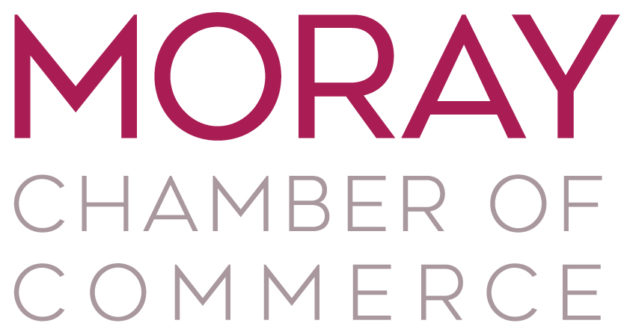Chamber News
CONSULTATION | Retail, Hospitality, and Beauty Businesses: Ending the Lease
17 May 2024 • Sarah Medcraf
The Scottish Law Commission has published a Discussion Paper on the Tenancy of Shops (Scotland) Act 1949.
The Tenancy of Shops (Scotland) Act 1949 provides tenants of shops, cafes, hairdressers, pubs and takeaways with rights. The tenant can apply to the Sheriff Court for renewal of the lease for up to one year beyond its end date.
The Paper focusses on the law that applies when leases to retail, food and drink hospitality, or hair and beauty businesses, expire. It is also relevant for wholesale units and warehouses. While the 1949 Act gives most tenants of such leases a limited right to seek renewal of the lease, it is seen as outdated and ineffective. The Paper puts forward options for change.
Thousands of businesses large or small will be affected, as will property investors. The Commission invites everyone with an interest to have their say on the proposals raised in the Discussion Paper. Comments can be made up to 31 July 2024.
A news release, Executive Summary and the Discussion Paper itself together with other related documents are available on the current consultations page. The project webpage has further information.
What rights do retail, food and drink, hospitality, hair and beauty, and wholesale tenants have when their lease ends?
The current law in this area is in the 1949 Act. Under it, a “shop” includes: premises for carrying on a retail business; premises for the sale of alcohol; hairdressing and barbering premises; wholesale premises; and warehouses.
Typically if the parties are unable to reach agreement on renewal of the lease, the tenant receives notice to quit from the landlord. To be effective the notice must be received at least 40 clear days before the end of the lease. Once the notice is received, the Act allows the tenant of a shop to apply to the sheriff court for a one-year renewal of the lease. The landlord can oppose the application. If “it is reasonable in all the circumstances” the court will renew the lease on terms which it considers reasonable. Otherwise, the expiry date continues to apply. The successful tenant can seek further renewals of one year from each anniversary of the original expiry date.
Background to review
The 1949 Act originates from the post-war years of the late 1940s. Originally, it was intended to be a temporary measure to provide relief for small shopkeepers who were unable to find alternative premises owing to the shortage of retail premises at that time. The Act was made permanent in 1964, against the background of urban development and modernisation, and a concern that rents might be unaffordable for shopkeepers. The landscape of the High Street and shopping patterns in general have changed vastly since the 1960s. For that reason alone, the Act requires to be revisited. In addition, we have been told by lawyers and by tenants’ and landlords’ representatives that use of the Act is now rare and that, even if the Act is used, there are various difficulties with it.
Introductory Webinar
From: Scottish Law Commission
www.scotlawcom.gov.uk

















